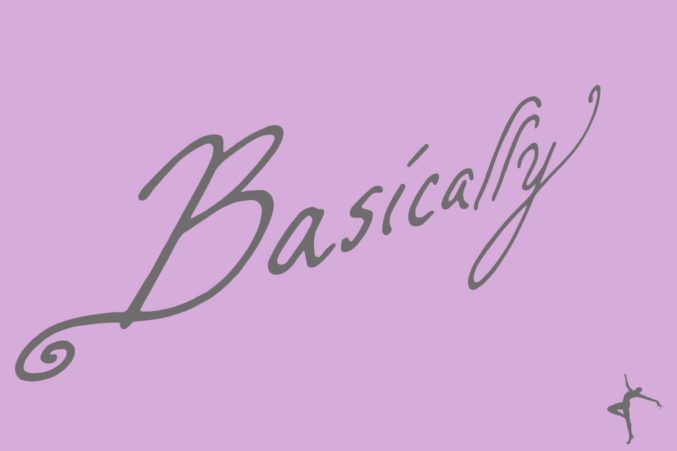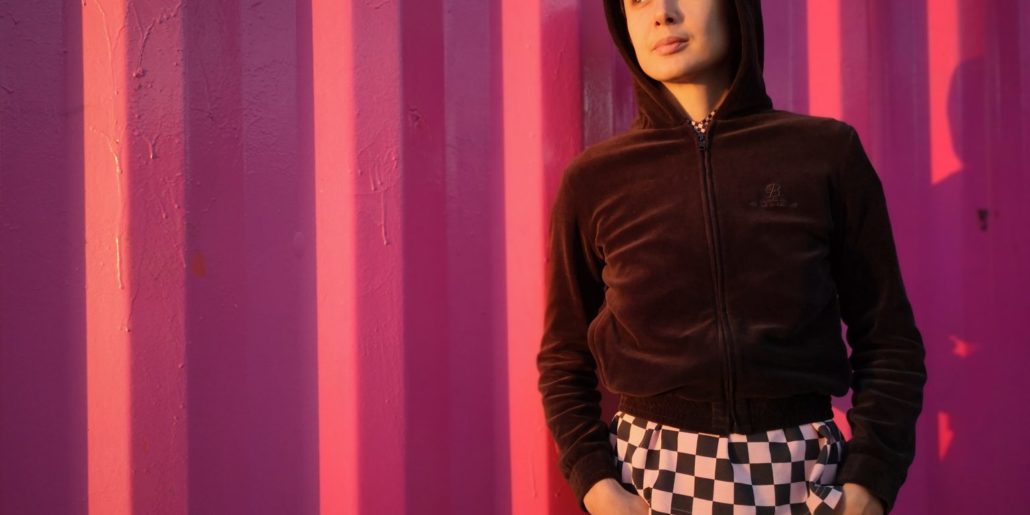Biography
Nikima Jagudajev is a US born, Austrian/Uzbek choreographer. Their process based collaborative practice looks at social forms; social relations as spatial relations and how we assemble in fulfilling and considerate ways. Harnessing the choreography of play as a framework, performers (Conduit) and visitors (Arrivor) are incorporated into an open-ended game. World building is aided by a group of artists who shape the playground with elements such as live music, food, a deck of collectable cards, secrets and nonlinear dance choreographies. These elements work as informal invitations to engage in different ways, shifting attention and offering agency and ontological transformation. Like 3-dimensional Massively Multiplayer Online Role-Playing Games (MMORPG) this mythopoeic world is both serious and playful, enchanted with meaning and full of mods. One’s experience is determined by the games’ formal properties as well as the interaction of various interpreting subjectivities. Performers and visitors share this slippery universe.
Jagudajev’s work has taken form in venues including a solo exhibition at Bergen Kunsthall (Norway), WIELS (Brussels), Shedhalle (Zürich), Kurimanzutto (Mexico City), Centre d’Art Contemporain Genève, The Whitney Museum of American Art, MoMA PS1 and the Rockbund Art Museum (Shanghai) as well as in the context of Material Art Fair’s Immaterial (Mexico City), 89+ at LUMA/Westbau (Zürich), kunstenfestivaldesarts (Brussels) and as part of the Marrakech Biennale (Morocco). They were a 2016 DanceWeb recipient and returned to teach at ImPulsTanz in 2017. Future shows include an exhibition at Accelerator (Stockholm), Centre Pompidou Paris as part of MOVE festival, Mumok (Vienna) and Dhaka Art Summit (Bangladesh) as well as performances at KAAP’s Dansand! Festival (Ostend) and Enter Art Fair (Copenhagen).
Published work by Jagudajev includes “The Backstreet Boys” as part of Bergen Kunsthall’s Speculative Histories text commission platform (2021) and co-published by Karmaklubb*, “Relations of Unpredictable Encounters” in the Movement Research Performance Journal (2017) and “the landscape thinks itself in me” in Asad Raza’s Root Sequence. Mother Tongue (Walther König, 2018).
In residentie Basically
01.01.2023 – 01.01.2023

Basically is an ongoing live project by Nikima Jagudajev. It is a process based body of work that transforms with each iteration. It has taken the form of a two day durational performance, a recording studio, a residency, a schoolyard, a picnic on the beach and a six month exhibition. With each invitation, not only does the context change but so does the content as new collaborators with new input are invited into the process. Jagudajev is interested in social forms; social relations as spatial relations and how we assemble in fulfilling and considerate ways. They call their process based collaborative practice re-schooling, coming together and sharing devotions. A reconstruction of what so many of us—some more than others—were deprived of as children: the laughter that fills the halls between classes, locker decorations and secrets underneath the bleachers. Re-schooling requires the input of many artistic practitioners, sharing with one another their most impassioned selves, sewing relational threads, building strong bonds with themselves and others.
Harnessing the choreography of play as a framework, performers (Conduit) and visitors (Arrivor) are incorporated into an open-ended game. World building is aided by a group of artists who shape the playground with elements such as live music and ableton soundscapes, food, a deck of collectable cards called POWDER, Arcane Clothing, “crits” – art class critique turned oracle – nonlinear dance choreographies that fold in on themselves and unscheduled time that leaves room for contingency. These elements work as informal invitations to engage in different ways, shifting attention and offering agency and ontological transformation. This mythopoeic world is both serious and playful, enchanted with meaning and full of mods. One’s experience is determined by the games’ formal properties as well as the interaction of various interpreting subjectivities. Performers and visitors share this slippery universe, making and remaking the environment; a sociality of difference.

